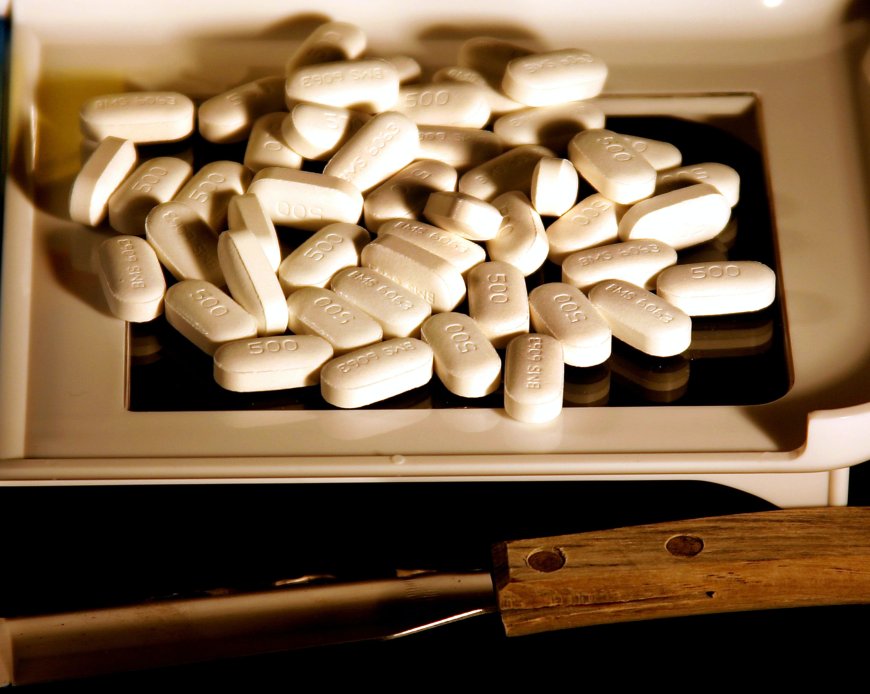Comprehensive Analysis of Lyrica's Effect: From Initial Use to Withdrawal
Explore the physiological timeline of Lyrica, a widely-used medication for treating nerve pain, epilepsy, and more. Understand the potential for tolerance and the importance of managing withdrawal symptoms under professional supervision.

Lyrica, medically known as pregabalin, serves as a highly-effective medication for numerous neurological conditions including epilepsy, fibromyalgia, nerve pain, and generalized anxiety disorder. It offers substantial relief but can also lead to tolerance and potential dependence with long-term use. This article presents a comprehensive timeline outlining the physiological effects of Lyrica, its withdrawal symptoms, and the importance of professional guidance during its use and discontinuation.
Here is a generalized timeline of its physiological effects, but please note that individual responses to the medication can vary:
Initial Use (Minutes to Hours after use):
- 30-60 minutes (Oral Ingestion): After being orally ingested, Lyrica starts to take effect, offering pain relief and/or decreased anxiety. This is due to its activity in slowing down impulses across the brain that are involved in seizures and reducing pain signals throughout the nervous system.
Continued Use (Hours to Days):
- 4-6 hours (Oral Ingestion): The effects of Lyrica peak around this time. Side effects such as dizziness or drowsiness might be experienced.
Chronic Use (Days to Years):
- Weeks to Months: Regular use of Lyrica can lead to the development of tolerance, meaning larger doses or more frequent usage is needed to achieve the same therapeutic effects. In some people, long-term use can lead to dependence or addiction.
Withdrawal (Hours to Weeks after last use):
-
24-48 hours: Symptoms of withdrawal may start to appear if Lyrica is stopped abruptly. These may include symptoms like sleep disturbance, headache, nausea, anxiety, and excessive sweating.
-
1-2 weeks: Withdrawal symptoms typically peak around this time. Severe symptoms may include seizures or rapid heart rate.
-
2-4 weeks: Most withdrawal symptoms resolve within this timeframe. However, cravings and anxiety may continue for a longer period.
As with any medication, it's crucial to remember that these timelines are averages and can vary greatly based on individual physiology, the dosage used, and the duration of use. It is always recommended to take Lyrica under the supervision of a healthcare provider, and not to stop taking the medication abruptly without professional guidance due to potential withdrawal symptoms.
Disclaimer: The image(s) featured in this article are for illustrative purposes only and may not directly depict the specific concepts, situations, or individuals discussed in the content. Their purpose is to enhance the reader's understanding and visual experience. Please do not interpret the images as literal representations of the topics addressed.
What's Your Reaction?











































































































